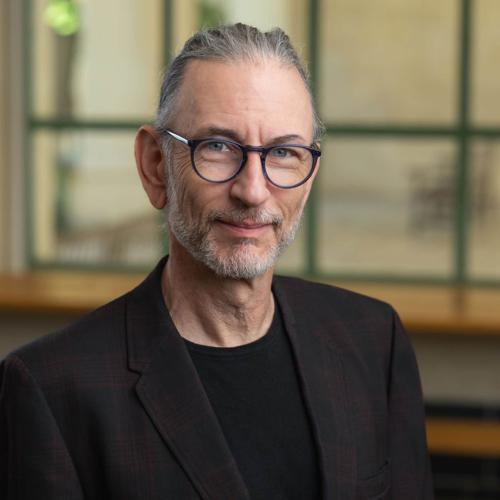Lecturer
Gregory Smith is a historic preservation specialist in private practice in Austin. He joined the Texas Historical Commission as a historian in 1996 and served as the National Register Coordinator from 1999 to 2024. In addition to overseeing the National Register program, he reviewed federal and state rehabilitation tax credit applications, participated in the Section 106 review process of federal undertakings in Texas, and evaluated the eligibility of thousands of properties proposed for designation. In his time as the program coordinator, the National Park Service approved over 925 National Register nominations in Texas, including many for large historic districts.
Gregory’s primary preservation-related interest is in expanding the variety of designated historic properties in Texas and exploring new strategies to list properties not previously considered eligible. Such projects include nominations for: a reconstructed African American high school stadium (Anderson Stadium, Austin); Jim Crow Era nightclubs owned and operated by Hispanic and African American entrepreneurs (Galvan Ballroom, Corpus Christi and the Eldorado Ballroom, Houston); the rehabilitated buildings of artist Donald Judd (Central Marfa Historic District); a large and dynamic urban neighborhood on the U.S.-Mexico border (Segundo Barrio, El Paso); and a music venue associated with a wide variety of country, rhythm & blues, and rock artists, that hosted one of only seven U.S performances by the influential punk band, the Sex Pistols (Longhorn Ballroom, Dallas).
EDUCATION
- B.A. Art History, SUNY University at Buffalo
- M.A. History with Museum Studies Certificate, University of Delaware

